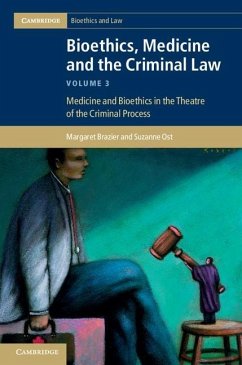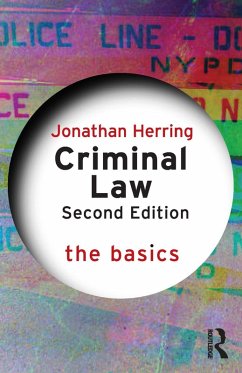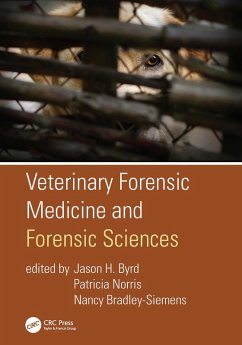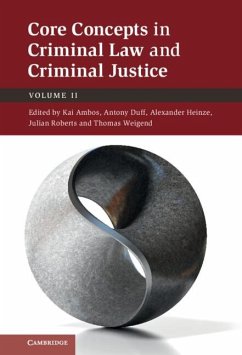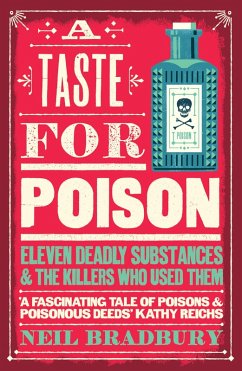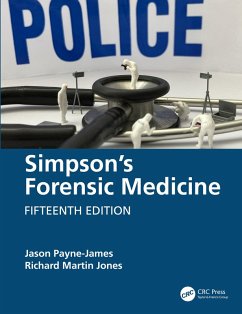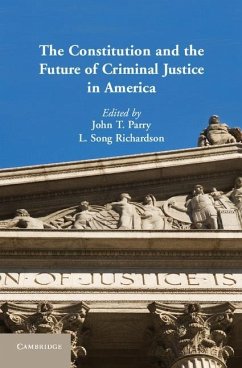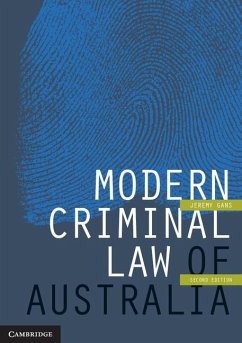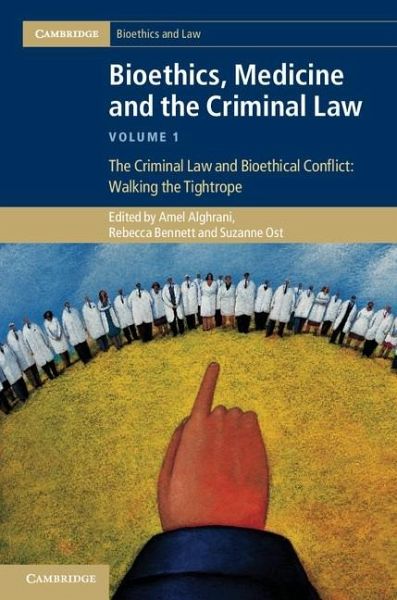
Bioethics, Medicine and the Criminal Law: Volume 1, The Criminal Law and Bioethical Conflict: Walking the Tightrope (eBook, ePUB)
Versandkostenfrei!
Sofort per Download lieferbar
57,95 €
inkl. MwSt.
Weitere Ausgaben:

PAYBACK Punkte
29 °P sammeln!
Who should define what constitutes ethical and lawful medical practice? Judges? Doctors? Scientists? Or someone else entirely? This volume analyses how effectively criminal law operates as a forum for resolving ethical conflict in the delivery of health care. It addresses key questions such as: how does criminal law regulate controversial bioethical areas? What effect, positive or negative, does the use of criminal law have when regulating bioethical conflict? And can the law accommodate moral controversy? By exploring criminal law in theory and in practice and examining the broad field of bio...
Who should define what constitutes ethical and lawful medical practice? Judges? Doctors? Scientists? Or someone else entirely? This volume analyses how effectively criminal law operates as a forum for resolving ethical conflict in the delivery of health care. It addresses key questions such as: how does criminal law regulate controversial bioethical areas? What effect, positive or negative, does the use of criminal law have when regulating bioethical conflict? And can the law accommodate moral controversy? By exploring criminal law in theory and in practice and examining the broad field of bioethics as opposed to the narrower terrain of medical ethics, it offers balanced arguments that will help readers form reasoned views on the ethical legitimacy of the invocation and use of criminal law to regulate medical and scientific practice and bioethical issues.
Dieser Download kann aus rechtlichen Gründen nur mit Rechnungsadresse in A, B, BG, CY, CZ, D, DK, EW, E, FIN, F, GR, HR, H, IRL, I, LT, L, LR, M, NL, PL, P, R, S, SLO, SK ausgeliefert werden.




